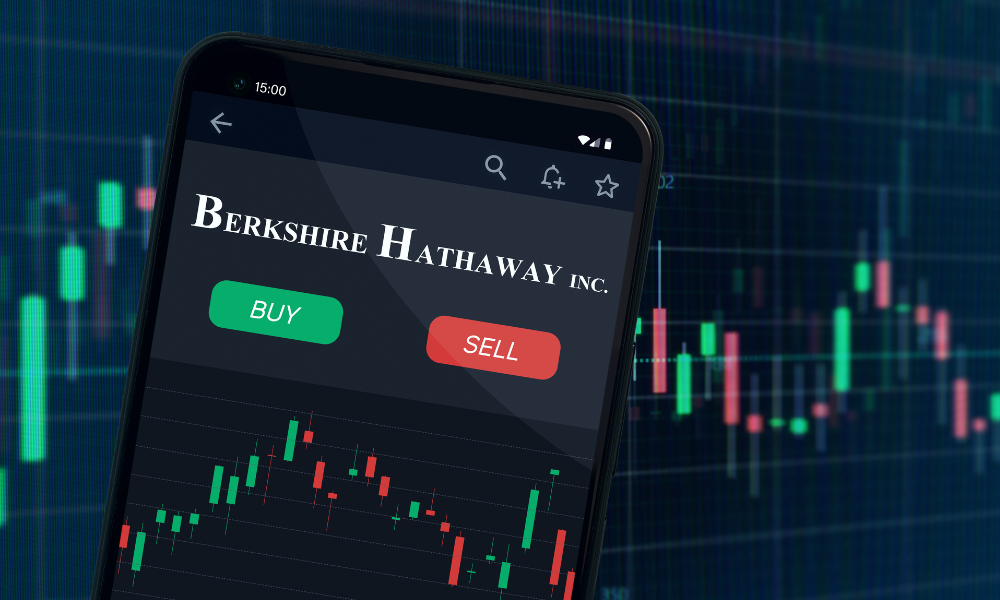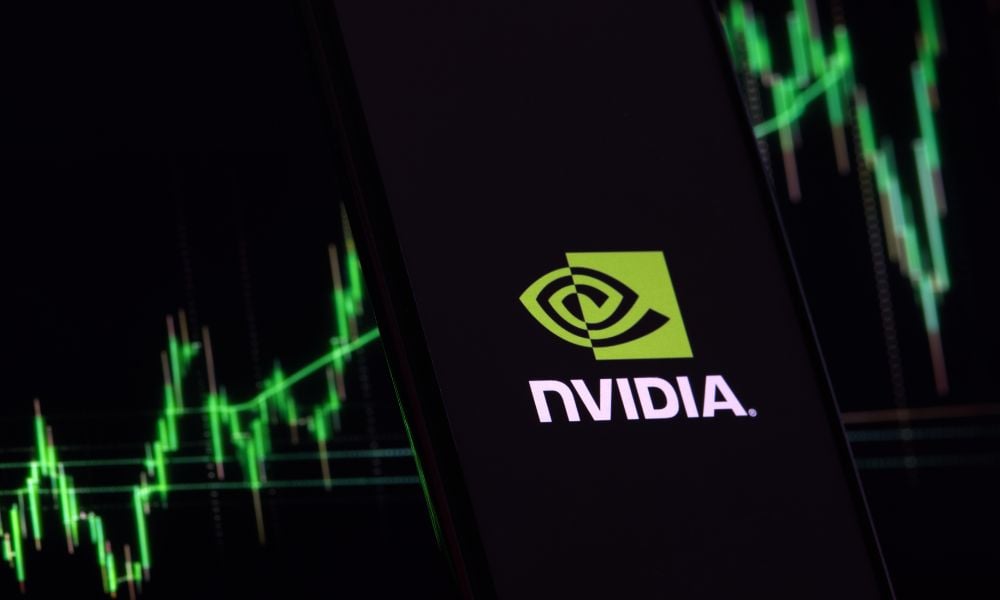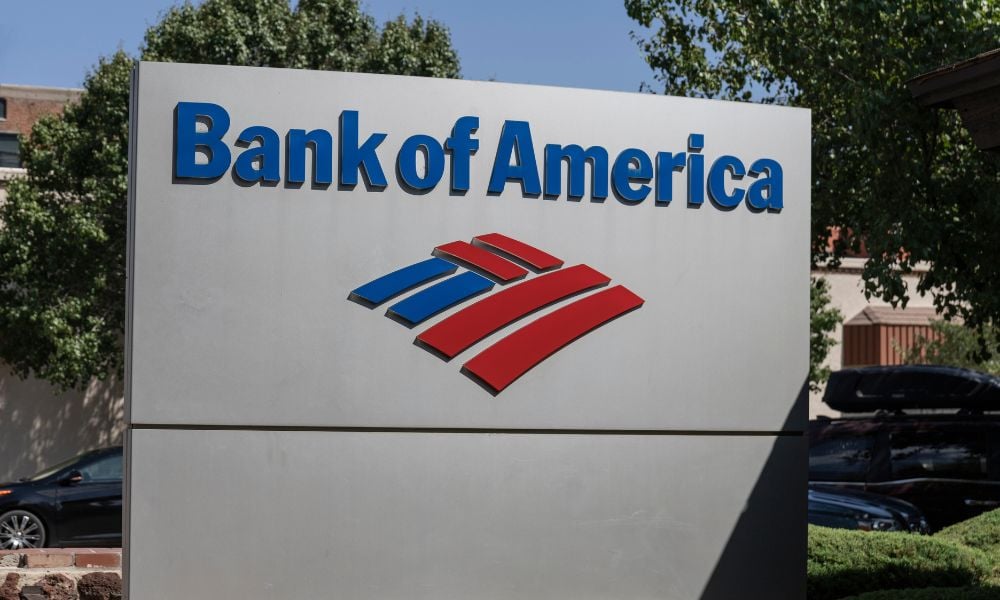From Coca-Cola to Apple, Buffett’s bets show how conviction shaped both gains and mistakes

Warren Buffett has announced plans to step down as chief executive of Berkshire Hathaway by the end of the year, according to The Canadian Press.
The 94-year-old's retirement plan came unexpectedly after he had previously stated no intentions to retire.
Buffett has led Berkshire Hathaway since 1965, when it was a textiles manufacturer.
He turned the company into a multinational conglomerate by acquiring undervalued businesses and stocks.
His investment approach earned him the nickname “Oracle of Omaha,” a reference to his Nebraska hometown where he continued to live and work.
His investment track record included both major gains and significant stumbles over decades.
Notable investments Buffett called his best
National Indemnity and National Fire & Marine (1967)
Among Buffett’s first insurance acquisitions, these firms provided investment float — the premium funds insurers hold before paying claims.
This float helped Berkshire build a portfolio that now includes Geico and General Reinsurance. At the end of the first quarter, the insurance float stood at US$173bn.
American Express, Coca-Cola Co. and Bank of America
Buffett acquired large stock holdings when these firms were out of favour due to market conditions or scandals.
Today, those holdings are worth over US$100bn more than his purchase price, excluding dividends earned over the years.
Apple (since 2016)
Although previously wary of tech, Buffett spent over US$31bn on Apple shares after seeing it as a consumer brand with a loyal customer base.
The value grew to more than US$174bn before he began reducing the stake.
BYD (2008)
Acting on advice from his late business partner Charlie Munger, Buffett invested US$232m in the Chinese EV maker led by Wang Chanfu.
The stake eventually climbed to over US$9bn in value, with the remaining shares now worth approximately US$1.8bn.
See’s Candy (1972)
Buffett described this acquisition as a turning point. Persuaded by Munger to buy quality businesses at fair prices, he paid US$25m for See’s, which generated US$1.65bn in pretax earnings through 2011.
The earnings have continued but were not regularly highlighted.
Berkshire Hathaway Energy (2000)
Buffett paid US$2.1bn for MidAmerican Energy, which later became Berkshire Hathaway Energy. It acquired PacifiCorp and NV Energy.
The utility division added over US$3.7bn to profits in 2024, though Buffett noted the value has declined due to wildfire liability risks.
Investments Buffett said were his worst
Berkshire Hathaway textile mills
Buffett has called this his worst investment. After years of losses, he shut the mills down in 1985. Still, shares he began buying for US$7–8 in 1962 are now worth US$809,350 each.
Dexter Shoe Co. (1993)
Buffett admitted it was a mistake to use Berkshire shares to acquire Dexter for US$433m, calling it a worthless business that cost him 1.6 percent of the company.
Missed opportunities
Buffett cited failure to invest in Amazon, Google, and Microsoft early on as major regrets. He also said he missed a chance to buy 100m Walmart shares, which would now be worth nearly US$10bn.
Selling bank stocks early
Before the COVID-19 pandemic, Buffett sold many of his bank holdings, including 500m shares of Wells Fargo and his JP Morgan stake, for less than US$100 each. Both stocks have since more than doubled.
Blue Chip Stamps (1970)
Buffett and Munger took over when the business earned US$126m in sales.
By 2006, it brought in only US$25,920. But its float enabled acquisitions of See’s Candy, Wesco Financial, and Precision Castparts — all steady contributors to Berkshire.



